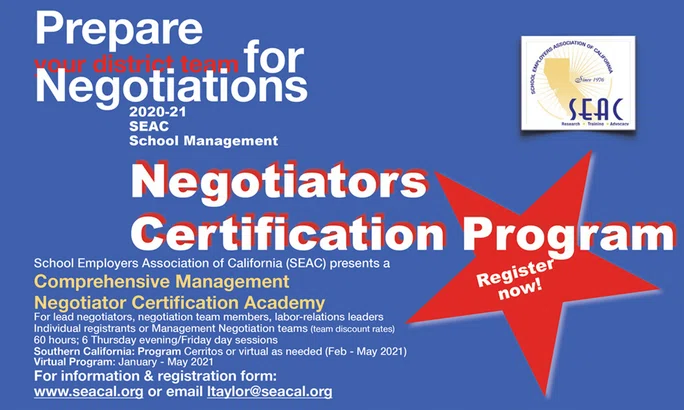School counseling program can help meet district goals
January 18, 2021
The following article was written by Stacy Love Bryant, retired deputy superintendent, Palmdale School District.
Education today is complicated. Add distance learning and the social and emotional toll on students, families and staff and you have a recipe for failure. Every year, it seems, we review our district and site plans trying to find the silver bullet that will solve the issues of the day. In our current climate we debate the efficacy of school resource officers versus social-emotional learning specialists, trying to decide what to do next. In reality, we have always had what we need, but perhaps we just haven’t been using that resource to its full potential.
If asked what you can remember about your high school counselor, what would you say? Did they guide you through high school and into college? Did they help develop your mindset and behavior around learning? Did you meet them in your classroom as they were teaching a lesson on study skills, conflict resolution or what courses you need to take to get into college? No? Neither did I, and I call that a failure of the system.
School counselors have the training and knowledge to address students’ social/emotional health in regard to their learning, however, in many California districts, school counselors are left to devise their own programs, filling in where they see a need, many times without the benefit of digging deep into data or aligning their actions with their site or district goals.
In 2016, the Palmdale School District LCAP team decided it was time to invest in school counselors. Five school counselors were hired and under the guidance of a former high school counselor and district administrator, the journey to implement a comprehensive school counseling program began. Today, three of the middle schools have been designated as a Recognized American School Counseling Association (ASCA) Model Program with four more schools using this year to collect data for their application in 2021. Becoming a RAMP school is an expectation of the district, fully supported by its LCAP. Although all are solo school counselors, the district provides time for planning together and professional development through both ASCA and the California Association of School Counselors.
The process for recognition is similar to WASC accreditation. School counselors spend at least one year planning and organizing their program, another year collecting data, and apply for recognition the following October. This may sound like a “new” program to you, but across the United States this is old news. Over 900 schools have earned RAMP status with only 21 of those schools in California, three of which can be found in the Palmdale School District.
Why so few when research shows that a coordinated comprehensive program that addresses both social/emotional and learning behaviors leads to significant and higher achievement (Durlak, et al., 2011; Brooking Institution, 2015)? Some school counselors will tell you it’s the large school counselor-to-student ratio (ASCA recommends 1:250), however, it can also be said that school counselors, without a plan in place, run from crisis to crisis never really having time to do anything other than reactive services. Implementing the ASCA National Model can change that and, if implemented with fidelity, can possibly change and support the trajectory of many if not most of the students in their schools.



